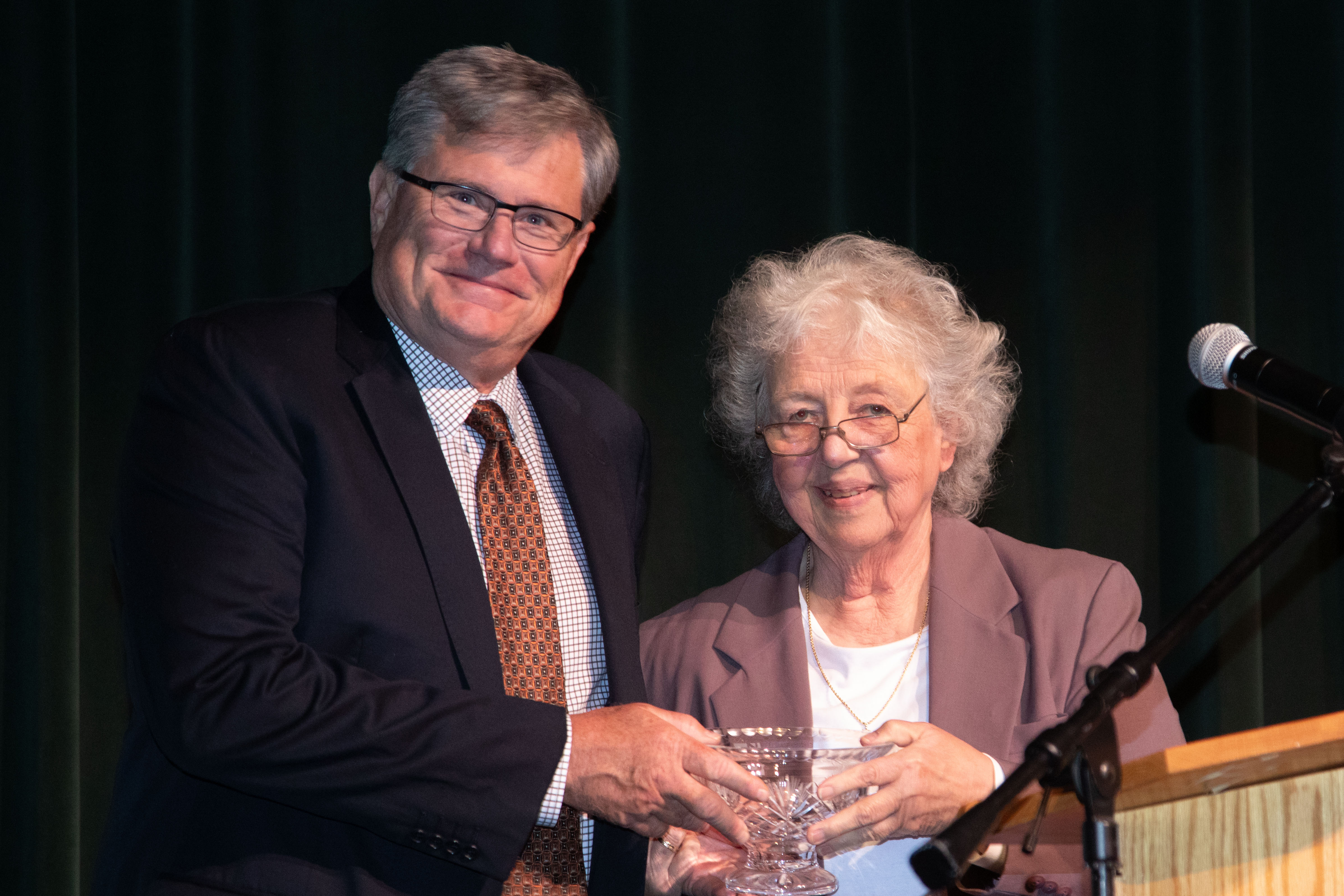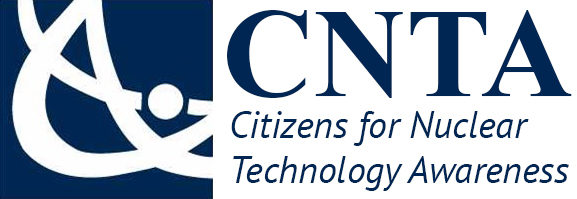Award History
The Fred C. Davison Distinguished Scientist Award is given annually to honor scientists or engineers from the region whose lifetime scientific contributions have been exceptional. The award was first presented at CNTA’s 13th Annual Edward Teller Lecture and Banquet on November 18, 2004.
Dr. Fred C. Davison was Chairman of CNTA’s Board of Directors from 1994 until his death in 2004. It is no exaggeration to say that Fred’s stature and influence were largely responsible for CNTA’s growth and success during those ten years. Fred attended Emory University before obtaining a Veterinary degree from the University of Georgia and later a Ph.D. in Biochemistry and Pathology from Iowa State University. While in Veterinary School he met Dianne, who became his beloved wife. Dianne also obtained her Veterinary degree.
Fred was one of those rare people who was admired and loved by everyone privileged to know him. He was a leader in the best meaning of the word. He had enormous intellect, yet empathized with and befriended everyone, regardless of station. His friendly demeanor and great humor were ever present and graced every meeting with him.
After Fred’s retirement from the University of Georgia, he moved to Augusta and almost immediately became a highly effective community leader. He was President and Chief Executive Officer of the National Science Center Foundation, funding innovative secondary education in science and mathematics. He was President of the Georgia-Carolina Boy Scouts Council. He was an active Rotarian and an elder of Reid Memorial Presbyterian Church, where he taught an adult Sunday School class.
Much has been said and written about Fred’s enormous contributions to his alma mater, the University of Georgia, where he served as President for 19 years. Under his leadership, the University of Georgia became one of the strongest graduate and research institutions in the United States. Student enrollment grew from 15,600 to 25,000 and graduate enrollment more than doubled. He viewed enhanced education in Math and Science as important to the future of our nation. Everyone who knew Fred was pleased that before his death he was able to attend the dedication of the Fred C. Davison Life Sciences Complex in Athens GA, a 257,000 square foot facility for biotechnology research.
Because of Fred’s enormous contributions to CNTA, the annual Distinguished Scientist Award was renamed the Fred C. Davison Distinguished Scientist Award. We believe Fred would be pleased by this, because he believed that our recognition of outstanding local scientists was an important thing to do.
2025 Award Winner
Dr. Olin E. (Gene) Rhodes, Jr.
Citizens for Nuclear Technology Awareness (CNTA) is pleased to announce that the winner of the 2025 Fred C. Davison Distinguished Scientist Award is Dr. Olin E. (Gene) Rhodes, Jr.
Dr. Rhodes has served as the Director of the University of Georgia’s Savannah River Ecology Lab (SREL) since 2012 and as Director of the University of Georgia Research Institute since 2021. He is also a Professor at the Odum School of Ecology at the University of Georgia and an Adjunct Professor at the Warnell School of Forestry and Natural Resources.
Dr. Rhodes’ leadership at SREL has seen dramatic increases in publications, the graduate student population, total faculty and staff, public education and outreach, and competitive non-DOE funding. He renovated 80% of SREL’s facilities using external funding and leveraged $3 in external funding for every $1 invested by the University of Georgia.
Dr. Rhodes’ technical accomplishments are similarly vast and foundational to advancements in radiation protection and the impact of radionuclides and heavy metals on ecosystem functions. These include research on glycoprotein processing in fish, the epigenetic effects of environmental interactions, the changes in gut microbiota and resistome in wild cotton-mice exposed to contaminants, the co-occurrence of resistance genes in bacteria from contaminated soils, and the risk of contaminant relocation by avian species.
Dr. Rhodes received his B.S. in Biology from the Furman University in 1983, his M.S. in Wildlife Biology from Clemson University in 1986, and his Ph.D. in Wildlife Science from Texas Tech University in 1991. He has to his credit 258 publications as author or co-author. In addition, he has mentored and advised numerous M.S., Ph.D., and post-doctorate students. He is a Fellow in the American Association for the Advancement of Science and an Elected Member of the Sigma Xi Scientific Research Honor Society.

Michael Mikolanis, Manager of the NNSA Savanah River Field Office, praised Dr. Rhodes for his “exceptional scientific leadership and environmental stewardship at the Savannah River Site, his transformational directorship of the SREL, and his profound impact as a mentor.”
Professor James Marshall Shepherd at the University of Georgia wrote that “Dr. Rhodes is a pace-setting scholar, and his work on radiation exposure and protection is critical to the mission of DOE, UGA, and the nation.” He further noted that Dr. Rhodes “exhibits a keen ability as an end-to-end scientist moving science, technology, engineering, and mathematics (STEM) scholarship beyond the journals, scientific conferences, and ivory tower.”
2026 Application Process
Organizations, academic institutions, and businesses are welcome to nominate someone for the 2026 Distinguished Scientist Award. The nomination process and eligibility requirements will be available in April 2026.
Eligibility requirements for candidates are:
• Candidates residence should be or should have been in Georgia or South Carolina, at the time of the accomplishment(s)
• Accomplishment(s) must either have ties to SRS or provide significant benefit to the region. The candidate does not have to currently be or have been an SRS employee
• Accomplishment(s) could include multiple accomplishments over a long period of time or a single truly outstanding accomplishment
• Candidates can be actively working or retired
Nominations are due to CNTA by Saturday, August 1st, 2026.
For a list of previous winners, check out our archive.
